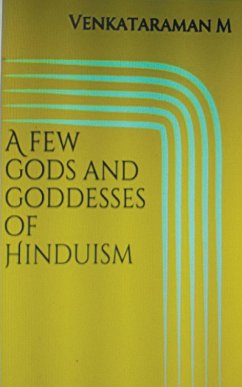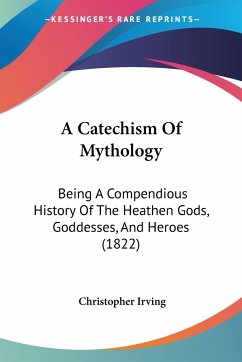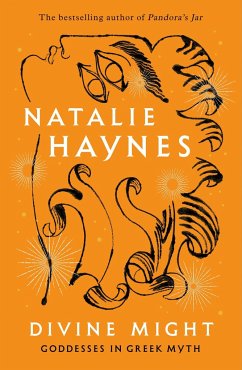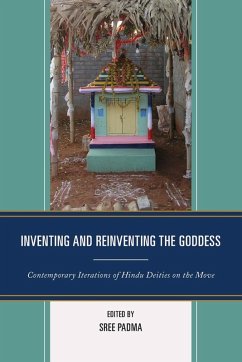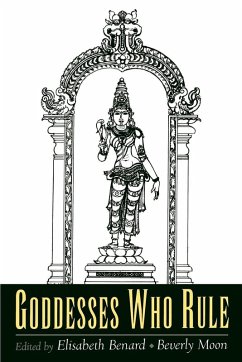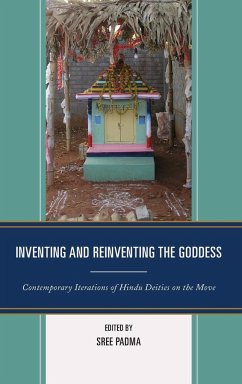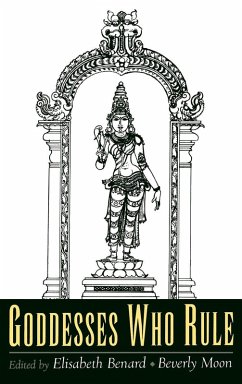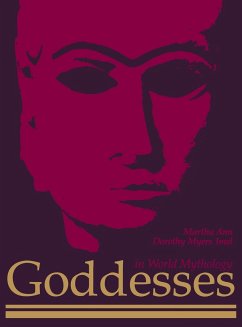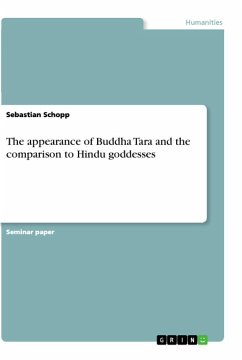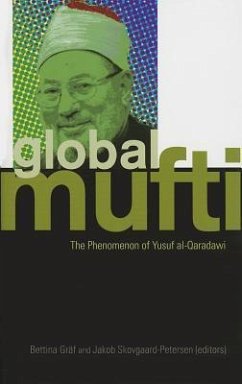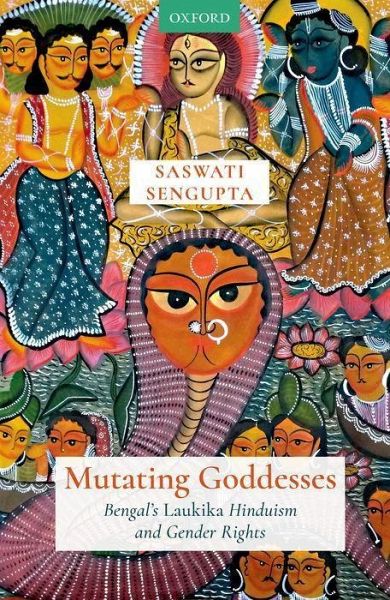
Mutating Goddesses
Bengal's Laukika Hinduism and Gender Rights
Versandkostenfrei!
Versandfertig in über 4 Wochen
83,99 €
inkl. MwSt.

PAYBACK Punkte
42 °P sammeln!
Mutating Goddesses traces the shifting fortunes of four specific Hindu deities---Manasa, Candi, Sasthi and Laksmi---from the fifteenth century to the present time. It focuses on the goddess-invested tradition of Bengal's Hinduism, and especially its laukika archive as opposed to the sastrik deriving from Sanskrit scriptures authorized by the Brahman, to argue for a historical evolution/devolution of divinities and the knotted correlation of gender, caste and class in the sanctioning of female subjectivities through goddess formation.



